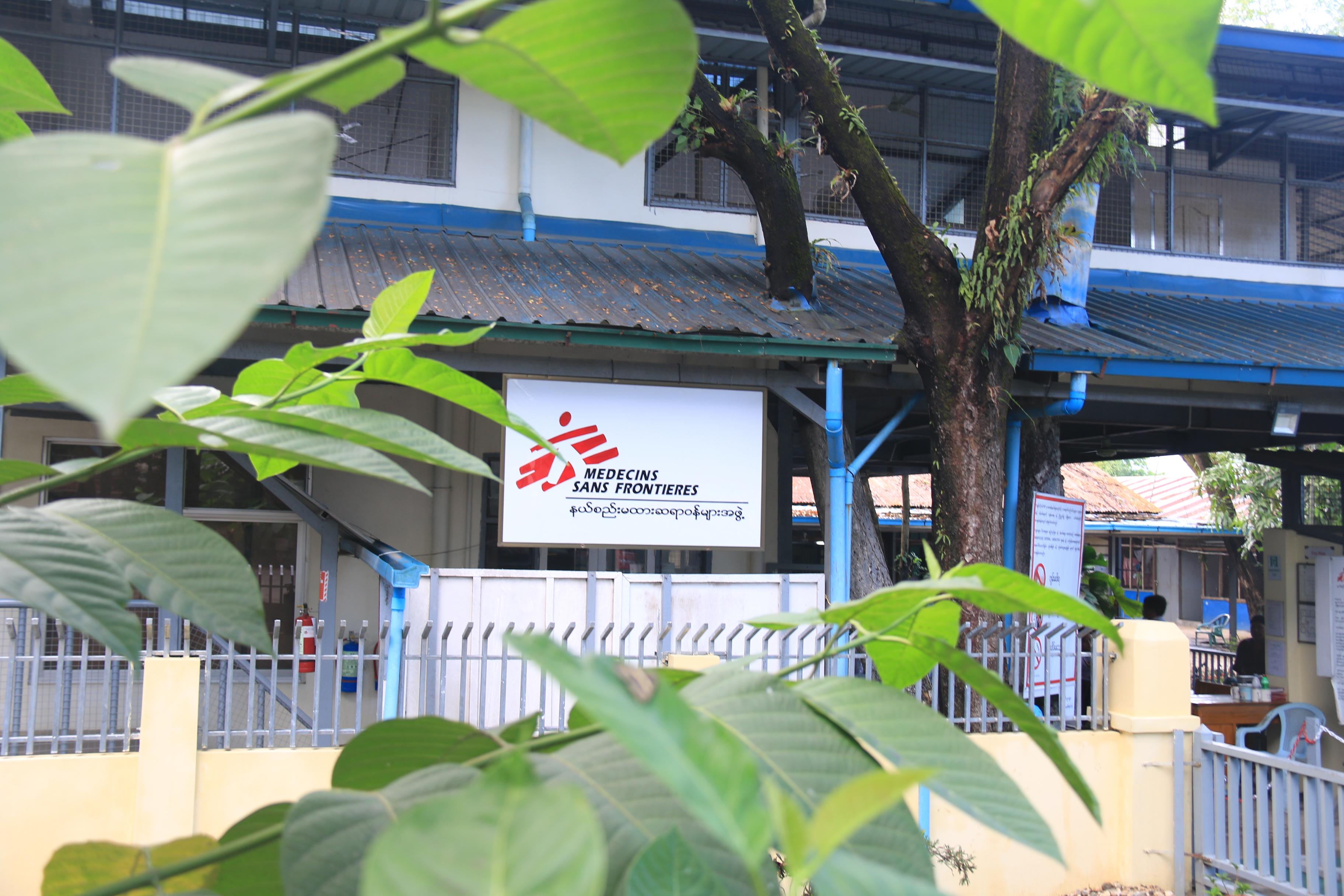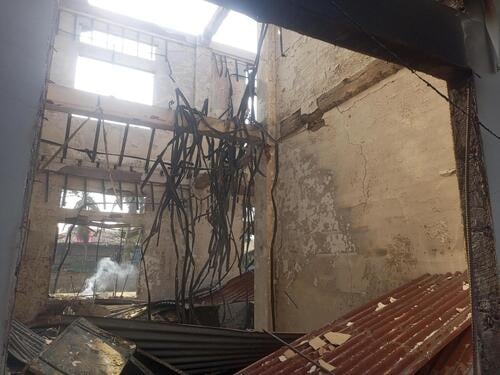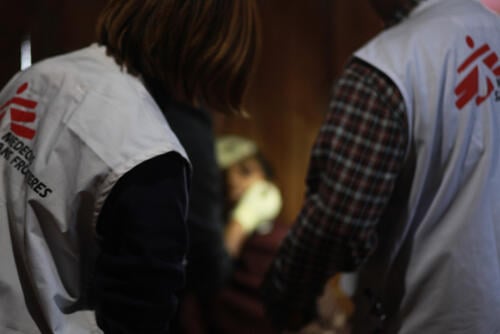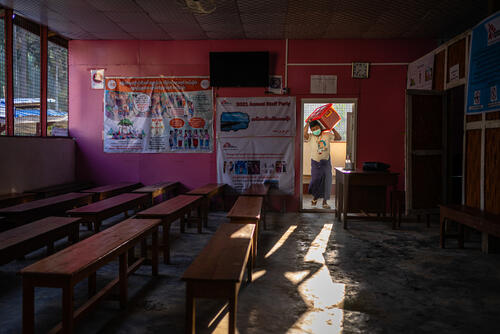- Since the end of October, conflicted has sharply escalated across parts of Myanmar, including in several states where MSF works.
- The violence has led to people being displaced, and a reduced access to healthcare - including people missing crucial HIV and TB treatment appointments.
- We implore all parties to the conflict ensure the safety of patients and healthcare workers and to allow safe access for people to reach healthcare.
Yangon – Médecins Sans Frontières (MSF) is gravely concerned for the welfare of communities caught up in escalating conflict in Myanmar, particularly in Shan, Kachin and Rakhine states where we are present and witnessing the direct impacts.
Yesterday, our team in Shan received reports that Pang Hseng hospital, a facility that MSF has supported in the past, was hit by a drone strike. Thankfully no injuries were reported, but this is only because the hospital recently stopped functioning when hostilities escalated at the end of October.
Since the fighting erupted, more than 60,000 people have been displaced within the state,According to the United Nations Office for the Coordination of Humanitarian Affairs (UNOCHA) and most are completely cut off from humanitarian assistance.
MSF, alongside other humanitarian organisations and local health authorities, is managing to provide services in some areas. But continued fighting and access restrictions mean only a fraction of the number of people in need of assistance can be reached.
Many people escaping violence in other areas of Shan state have now fled to Lashio, northern Shan, where our teams are already present, providing life-saving HIV and TB services to communities with limited access to treatment. We conducted a 'rapid needs assessment' of people who have been displaced in the areas we could reach. Together with other organisations, we have been able to donate non-food items and hygiene kits, provide psychological first aid, and medical consultations for women and children.
We are also witnessing increasing numbers of missed appointments at our clinic sites, where patients come for their regular medication for HIV. Missed appointments mean patients are without their life-saving medication, risking their health, and leaving them vulnerable to developing drug resistance and other opportunistic infections.
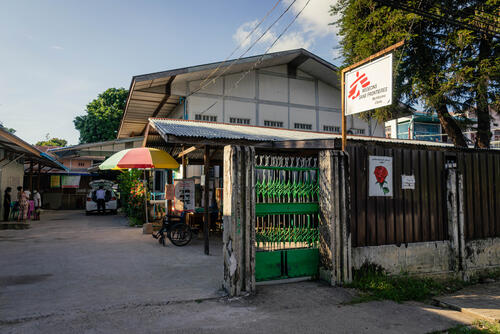
In Rakhine state, the resumption of conflict, after the breakdown of a ceasefire brokered last November, has put a halt to our regular mobile clinics, where our teams treat 1,500 patients on a weekly basis.
Route blockages and blanket travel restrictions, due to active conflict in areas where we run these clinics, are making it impossible for MSF teams to even support emergency referrals for critically ill patients. This is occurring only six months after a devastating cyclone hit the state. Communities are still recovering from its impact.
In Kachin state, while the intensity of the conflict we witnessed a few weeks ago has abated for now, patients returning to our clinics for sexual and reproductive healthcare services and HIV and TB care tell us they fear making the journey because of the risk of being caught up in violence along the way, and because of the fear of airstrikes and shelling.
On 25 September, a four-person MSF team visited Hpakant General hospital in Kachin state to prepare a space as part of our support to our HIV cohort transferred to the local health authorities. Armed men began shooting outside the compound, eventually making their way inside the hospital and severely injuring one patient.
We are witnessing an unacceptable disregard for the protected nature of hospital infrastructure. With growing medical and humanitarian needs across the country, we implore all parties to ensure the safety of patients and healthcare workers in conflict areas, and to allow safe and unimpeded access to people who have been left without life-saving services while their communities are caught in the crossfire.



